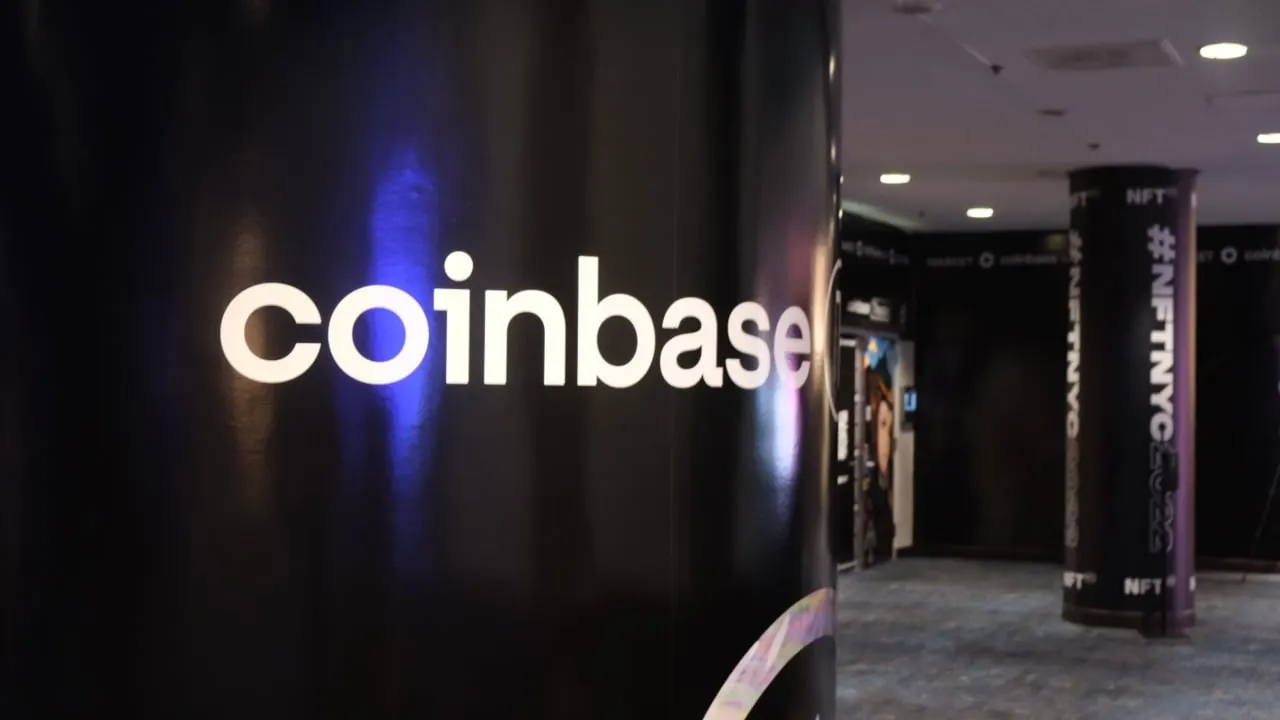Coinbase accused the U.S. Securities and Exchange Commission (SEC) of deliberately ignoring its petition for adopting clear rules for the crypto industry, even though the decision has not been made public.
In its latest filing to the Third Circuit of the U.S. Court of Appeals, Coinbase also pointed to public comments previously made by SEC Chair Gary Gensler, saying that "the SEC’s and its Chair’s words and actions leave no doubt of the agency’s plans."
Coinbase sent the SEC its so-called “petition for rulemaking” last July, asking the agency to propose and adopt rules for digital assets securities. The exchange also sought answers to 50 specific questions that would provide “clarity and certainty regarding the regulatory treatment of digital asset securities."
The SEC, however, is yet to respond to the petition. Moreover, during a congressional hearing in March, SEC Chair Gensler stated that “regulations actually already exist” for crypto to be managed effectively under securities laws.
"The SEC has no intention of engaging in such a rulemaking in the foreseeable future, and that decision may be unreviewable indefinitely unless the Court grants Coinbase’s mandamus petition," the firm said in the filing.
A mandamus order, also known as a writ of mandamus, is a legal remedy used to compel a government official or a public authority to perform a specific duty that they are legally obligated to do. The term "mandamus" is Latin for "we command."
Coinbase sought a writ of mandamus compelling the SEC to respond to its demands in a lawsuit filed at the end of April, with the exchange’s chief legal officer Paul Grewal saying on Wednesday that “we continue to appreciate the Court's consideration.”
Late last night Coinbase replied in the Third Circuit to the SEC’s arguments against our petition for a writ of mandamus. Mandamus is the tailor-made remedy for the extraordinary facts presented here. We continue to appreciate the Court's consideration. https://t.co/OD02kX3524
— paulgrewal.eth (@iampaulgrewal) May 23, 2023
Coinbase legal battle rages on
The SEC, in its turn, sought to dismiss the action earlier this month. The agency argued that “mandamus is an extraordinary remedy—one that requires the petitioner to show a clear and indisputable right to relief.”
“Coinbase does not and cannot demonstrate such a right,” the agency said in its filing, adding that “no statute or regulation requires the Commission to take such action on a specific timeline.”
Prior to that, in March this year, the SEC also issued a Wells notice to Coinbase, alleging that the company's staking products constitute unregistered securities and indicating a potential enforcement action against the exchange.
“The SEC’s threatened enforcement action against Coinbase dispels any doubt,” the San Francisco-based company said in its latest filing. “It is difficult to imagine a more direct rebuke of Coinbase’s rulemaking petition than a threatened suit against Coinbase for allegedly listing unspecified digital asset securities based on unspecified legal standards, and failing to register under a registration path that does not yet exist.
According to Coinbase, “by effectively—but not yet formally—denying Coinbase’s rulemaking petition,” the regulator is preventing the company from exercising its right under the Administrative Procedure Act to challenge the SEC’s decision to forgo rulemaking.
Ultimately, Coinbase stated that “the SEC’s choice to regulate by enforcement was the root of the problem, not the solution.”
“The SEC’s delay in deciding whether to conduct a rulemaking is indefensible given its decision to pursue an aggressive, accelerating enforcement campaign regarding the very topics identified in Coinbase’s petition,” said the exchange.

